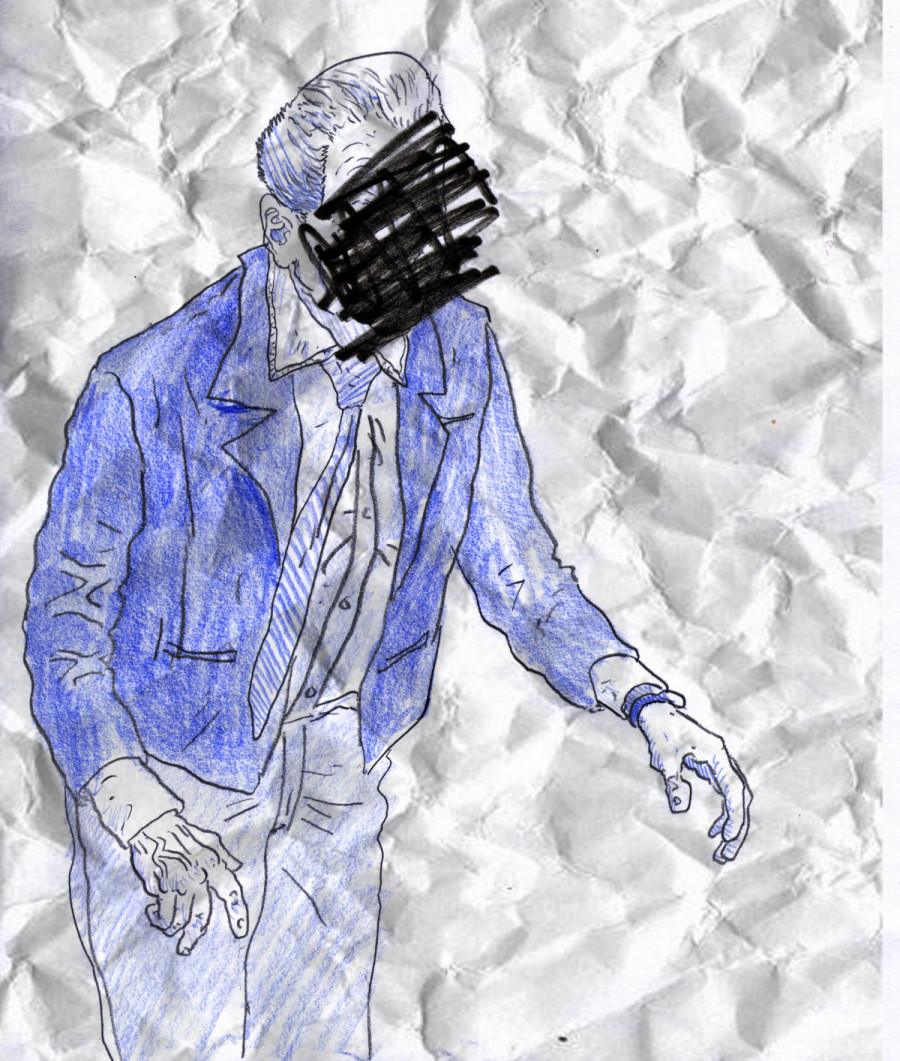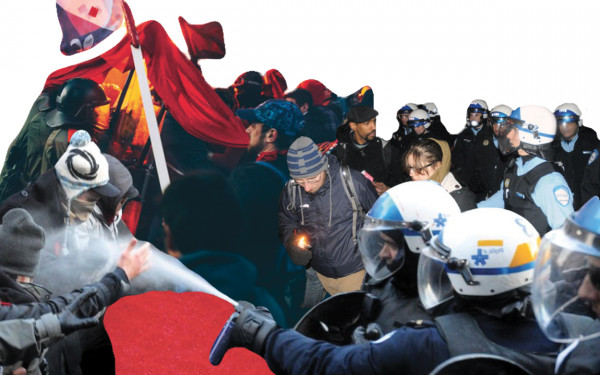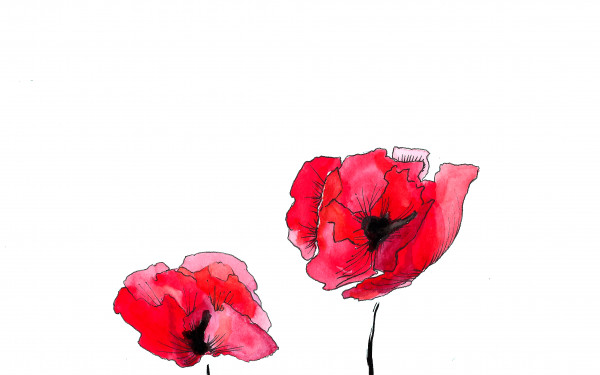You’re Cancelled!
A Glance at the Modern Phenomena of Cancel Culture
Of all the things happening on social media, one of the strangest and most terrifying, at least to some, is being cancelled.
Various people from all walks of life have been cancelled, some multiple times a year.
The results often vary, with some suffering losses of viewership and followers, while others sail through relatively unscathed.
A good example of this was one of the first trending hashtags of the new year: #JamesCharlesIsOverParty.
This was another instance of YouTube ‘Beauty Guru’ and Coverboy James Charles being cancelled, though this time it was not for allegedly betraying a friend for Coachella tickets and security in exchange for promo of hair vitamins.
So, what is being cancelled? Where did it come from, and, most importantly, does it even do anything?
The earliest written examples of the word ‘cancelled’ being used in this context came from tweets dating back to at least 2010.
Even in its earliest form, being cancelled meant a backlash for doing something offensive.
Some of the first people who were cancelled met their fate for the same reasons as now, whether uttering a homophobic slur, as Travis Scott did in 2015, or saying something otherwise objectionable, such as when Kanye West said slavery was a choice in 2018.
For the most part, none of these things stick, but there are a few examples of people who were affected by their cancellation.
One of the most talked about is Manny Gutierrez, better known as Manny MUA, another beauty guru who rose to prominence around 2014 after posting makeup tutorials on YouTube.
Gutierrez, along with fellow gurus Nikita Dragun, Laura Lee, and Gabriel Zamora were on one side of what has now been called the first “Dramageddon” which, to save you hours of YouTube drama channel watching, was a fight between them and Jeffree Star.
Star is another makeup artist, who was featured in a series by Shane Dawson and was portrayed in a positive light, despite his racist past.
This angered the four other beauty gurus and led to them posting a photo of themselves giving the finger, saying they were better off not being friends with Star.
This ultimately led to the resurfacing of old racist tweets and videos of Dragun, Gutierrez, Lee, and Zamora.
While apology videos and promises of better behaviour were made, they still lost hundreds of thousands of combined subscribers on YouTube, as well as other social media platforms.
They seem to have recovered, with Dragun and Gutierrez both starting their own makeup lines while Zamora and Star seem to have buried the hatchet.
However, Lee does not seem to have attempted a come back the way the rest of her friends have.
She posted a legendarily bad apology video, and while she’s continued to make videos and posts on both Instagram and YouTube, her subscriber count has not yet recovered what she lost.
Cancellations don’t only happen online.
Even in its earliest form, being cancelled meant a backlash for doing something offensive.
If you’ve been under a rock the last five years, then, first of all, lucky you. Second, there are a few things you should probably know.
People outside of YouTube’s beauty community—mostly men, mostly white, mostly older—are also susceptible to cancellation.
The people who employed them probably called it ‘fired.’
These incident stemmed from an array of transgressions, with sexual misconduct and racism, as usual, being at the top of the list.
Some of these cancellations can be linked to the #MeToo movement catching up with men who have been guilty of sexual misconduct of all kinds for decades, at least in some cases.
There were a few instances of women getting caught up, like Big Bang Theory cast member Mayim Bialik, who some claim tried to blame the victims of Harvey Weinstein for the abuse they suffered.
There have also been a few instances where people become famous overnight for an act of kindness, only to have information come to light about them that then gets them cancelled.
A good example of this is the case of Carson King, the guy who appeared on TV with a sign asking people to Venmo him money in 2019 and ended up getting more than he bargained for.
He later pledged to give the funds raised, more than $1 million, to a children’s hospital, with beer company Anheuser-Busch pledging to match it.
That was until old racist tweets surfaced and put an end to the partnership.
Cancel culture likely isn’t going anywhere. It’s how people voice their dissatisfaction, no matter how long it may last.
Overall, being cancelled hasn’t resulted in any actual repercussions for most.
This may have something to do with the fact that many don’t see the influencers as actual celebrities, as the younger generations do.
As far as many are concerned, the people deemed to be influencers are simply enjoying their 15 minutes of fame, even if, in the words of Cardi B, their little 15 minutes is lasting long as hell.






_600_375_s_c1.png)
